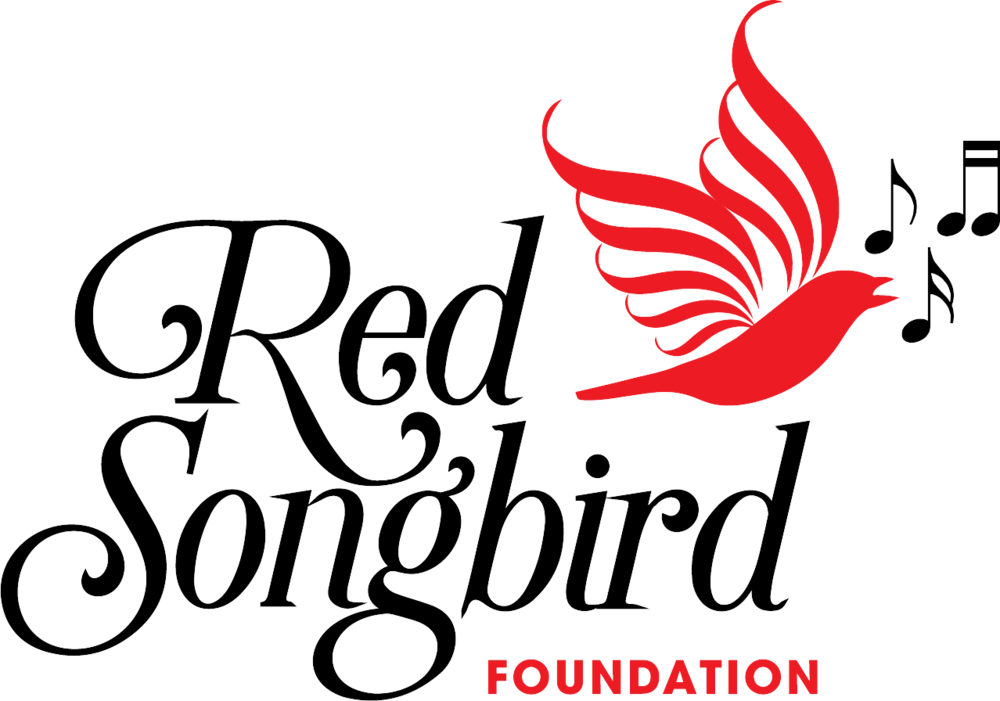The Importance of Education in Substances and Mental Health
Mental health has exploded into a buzzword as of late.
From Olympian Simone Biles to well-known musicians like Lil Wayne and Demi Lovato, many individuals have been coming forward to discuss their mental health. It’s refreshing to see that mental health is starting to take a priority in our lives, especially after the last couple years we’ve had.
As children, we’re educated on the effects of physical health through P.E. or physical education, but mental health was never seen as a real educational point. Fortunately, as a society, we’re starting to shift that narrative to bring more light to mental health through education, support services, and most importantly, a reduction of stigma.
Mental health has had a connotation with people being crazy but that’s not the case at all! It should be treated as something that is maintained, similarly to the way people maintain his or her body in the gym. It’s necessary to educate ourselves and those around us so that we’re able to identify, mitigate and in a perfect world, prevent mental health crises and substance overdoses altogether.
By opening the conversation with our friends, family, and peers, we can help others and even help ourselves. Like the idea in recovery, being of service can be refreshing to oneself and a great tool in our own journeys. A goal of The Red Songbird Foundation is to provide a safe environment to those who may not have friends or peers around them to have the discussion and to provide the education to equip people to help those around them.
During Covid, the phrase,” We’re all in this together” became a slogan of sorts but while they were meaning being responsible during Covid-19 specifically, those words couldn’t be truer in the big picture. When our society has degradation in mental health, the entire community feels the effects. That’s why it’s imperative that we work together to make improvements. The best example as to what happens if we choose not to would be to look at certain parts of Los Angeles like Skid Row and parts of San Francisco. These areas are only getting worse and with them, the mental health crises. It isn’t to say that education in these individual’s lives could have prevented their situation, but I think it may have been able to help some.
When you combine the lack of education, lack of support services and quality health care, and a public stigma that damages more than helps, it’s easy to see that the odds are stacked against them AND us. The positive news in this darkness is that the narrative has been shifting, but it still needs a ton of help and push from individuals like you and me. The big question that you may be thinking, “What can I do to help?” Honestly, there’s a myriad of ways to help but the simplest is by having a conversation with those around you. Ask them how they’re doing and listen. That’s a great start and can do wonders to the right person. For those that are able to, donating time, money, or items to organizations is extremely helpful but most importantly, learning about mental health and learning about red flags could be the most important thing in your life and in fact, it may even save yours or a loved one.
To learn more, check out some of our other pages and if you have any questions, feel free to shoot us an email!
-Alex Meschi
Published August 16, 2021

